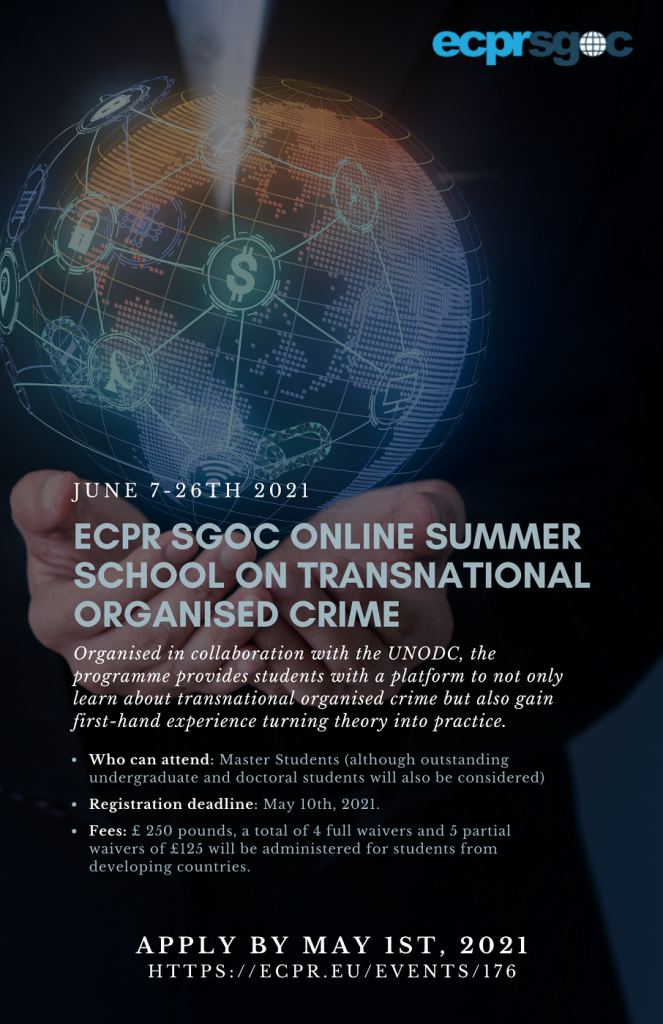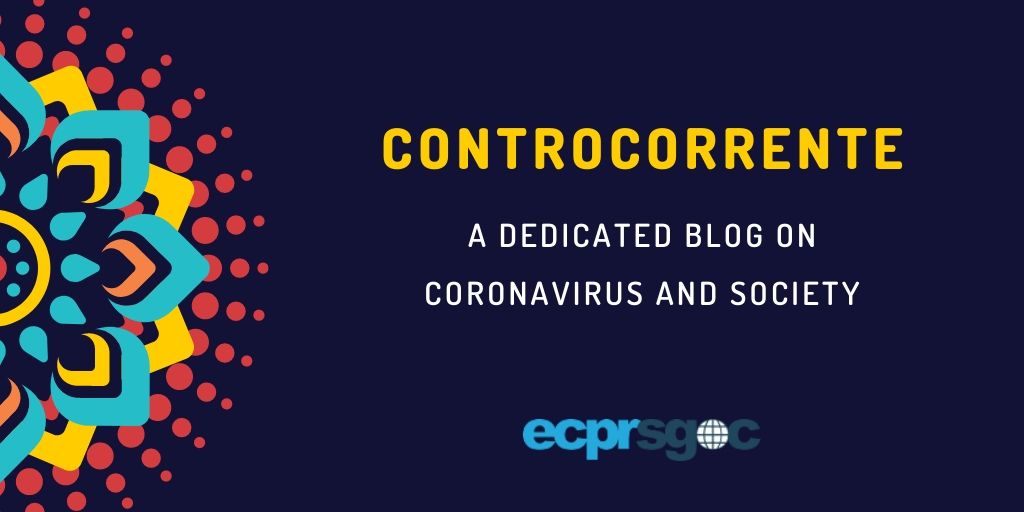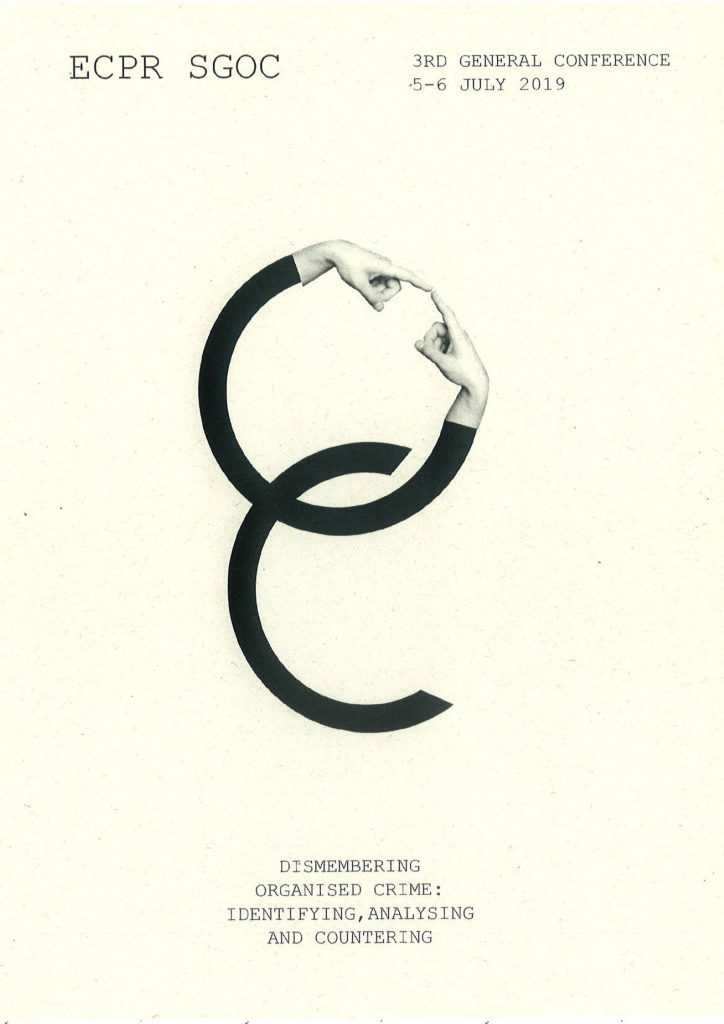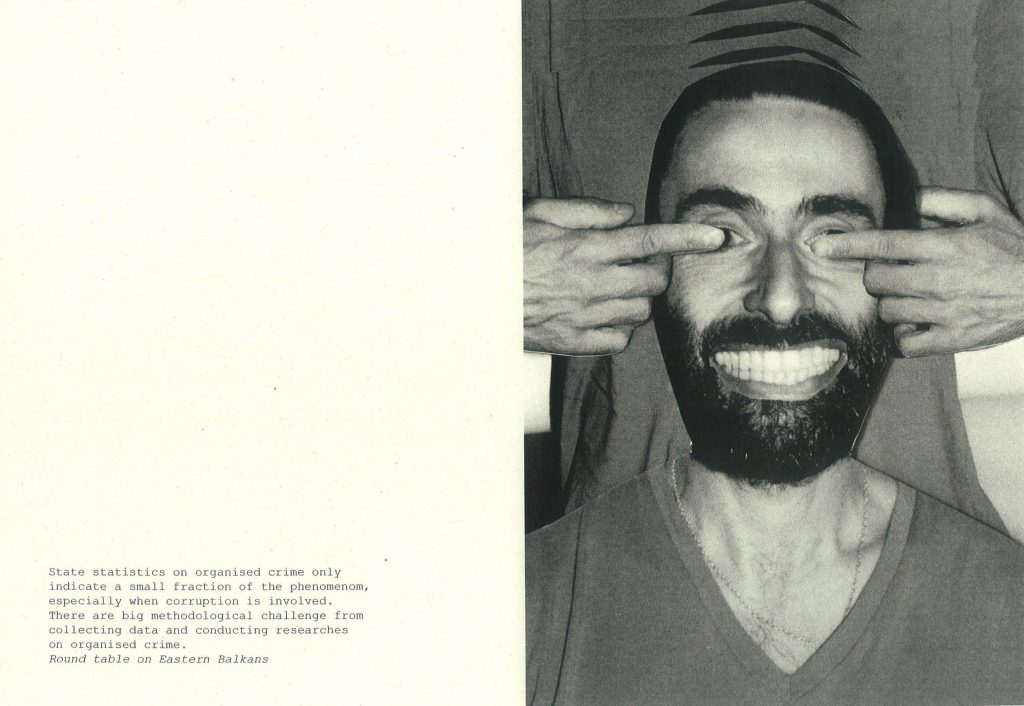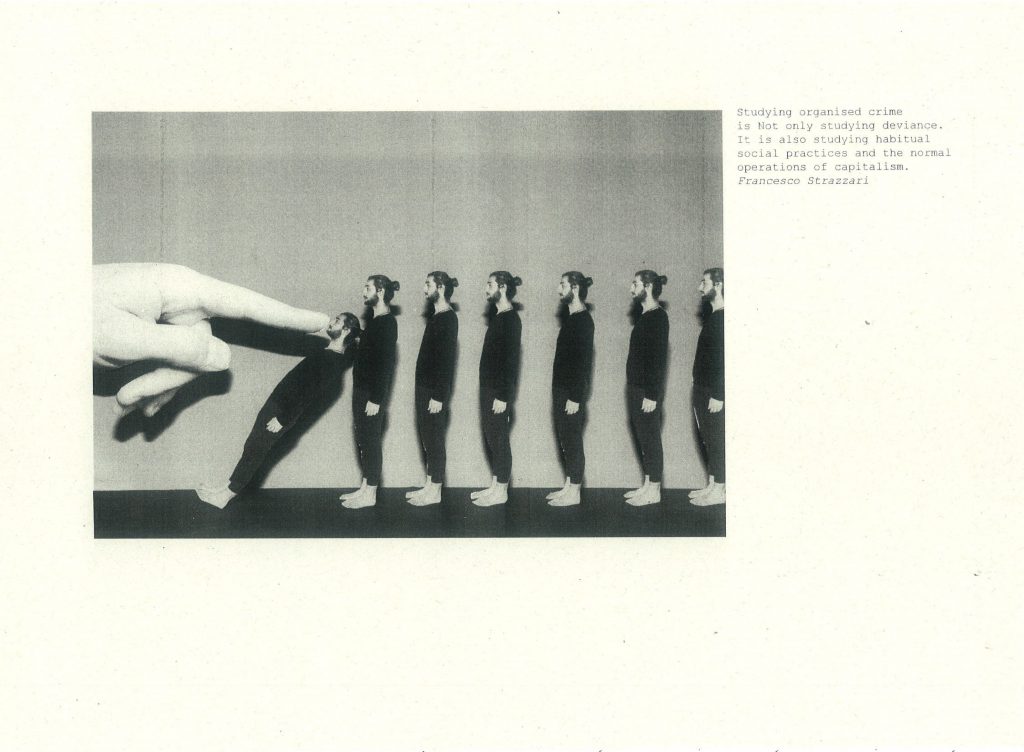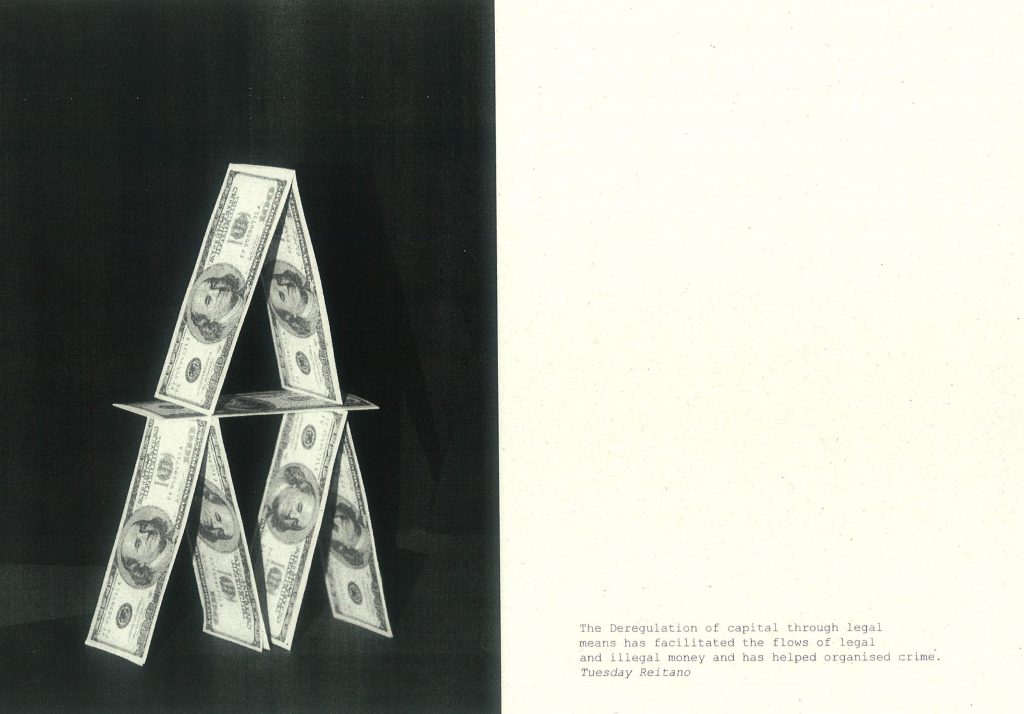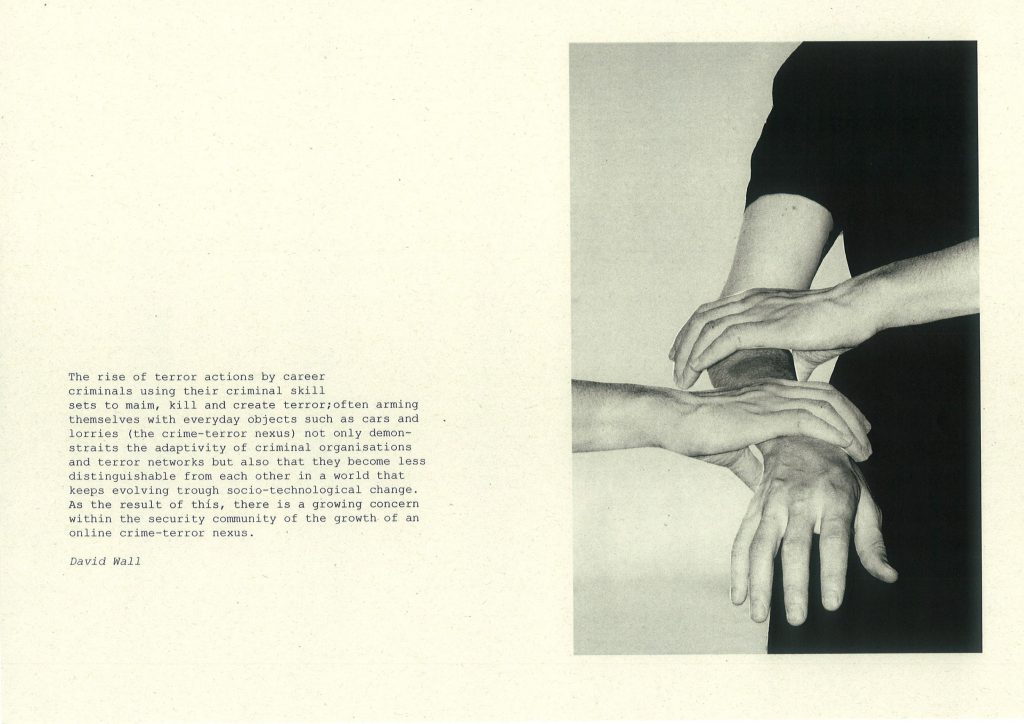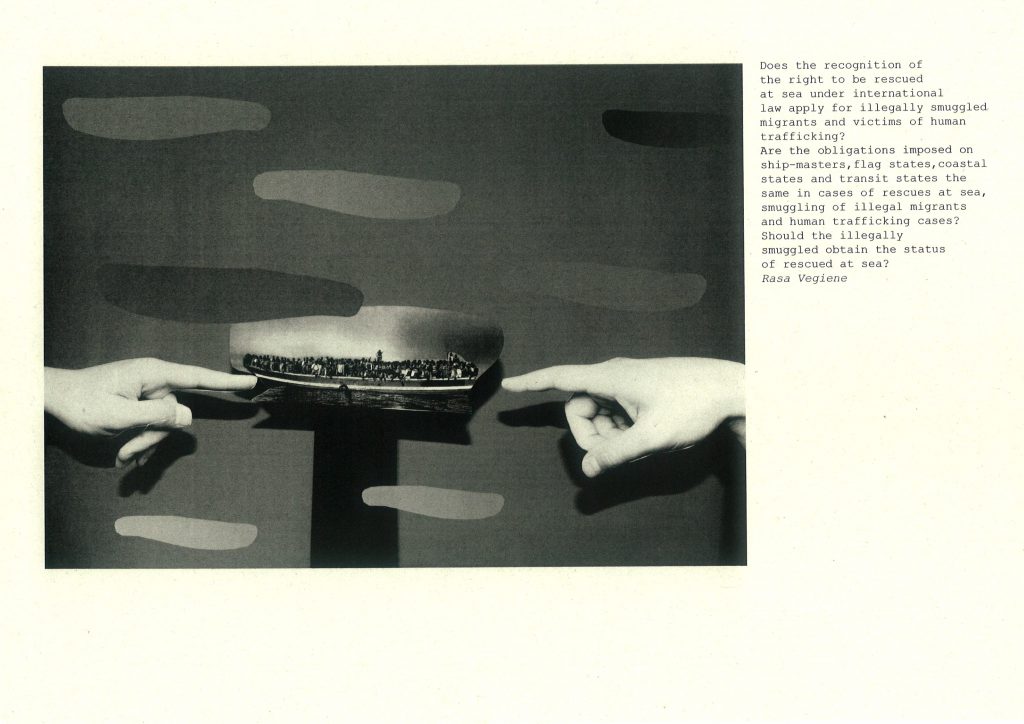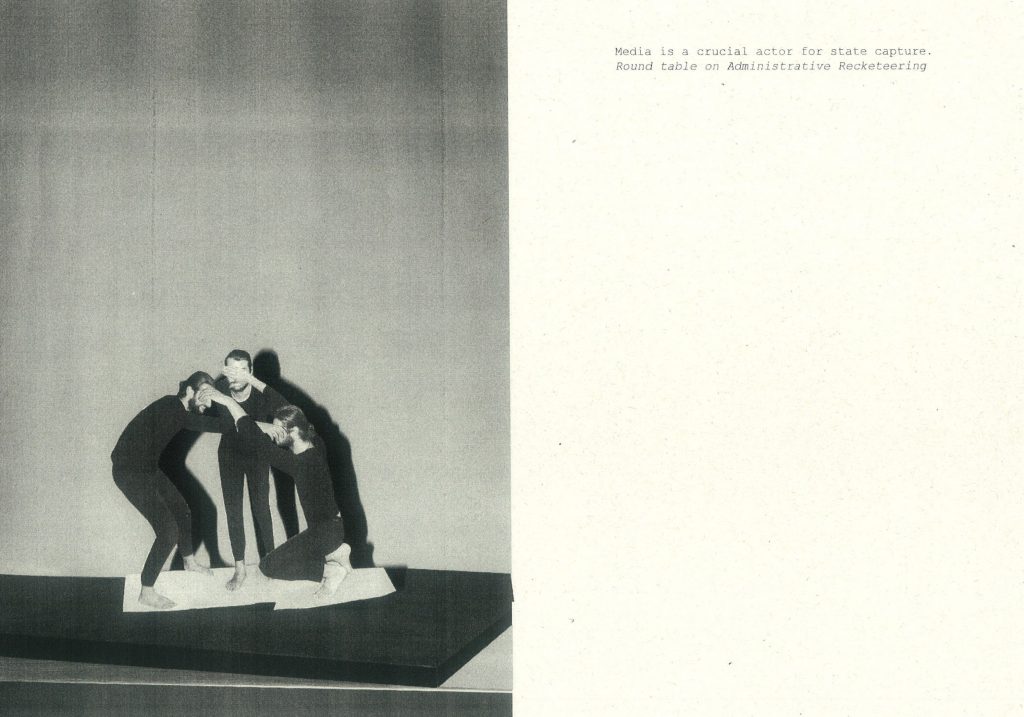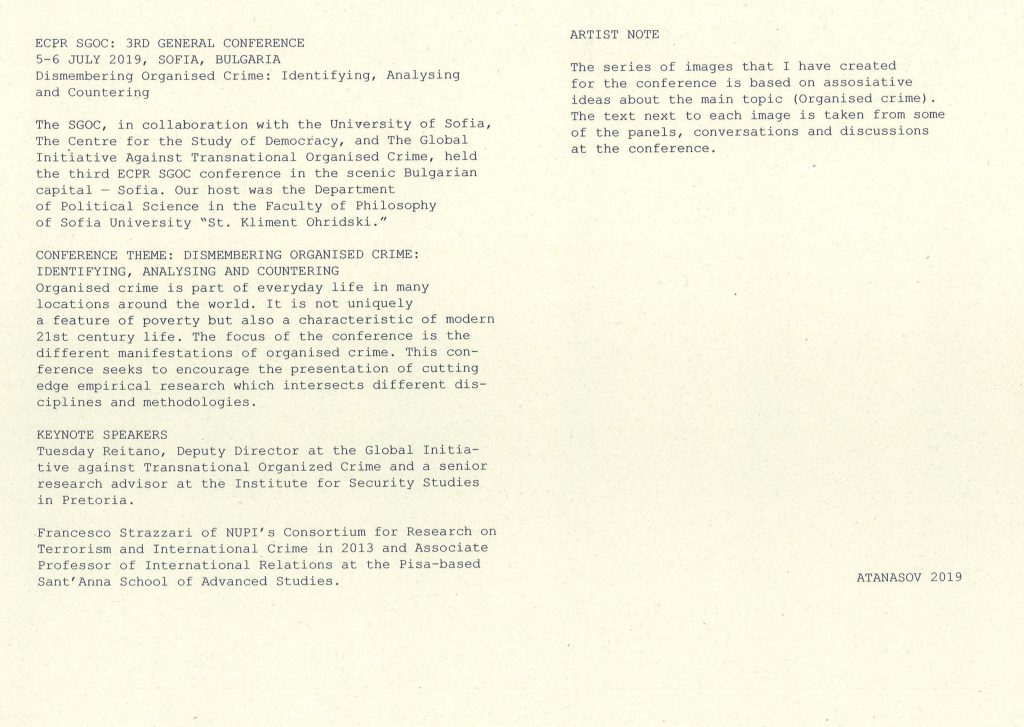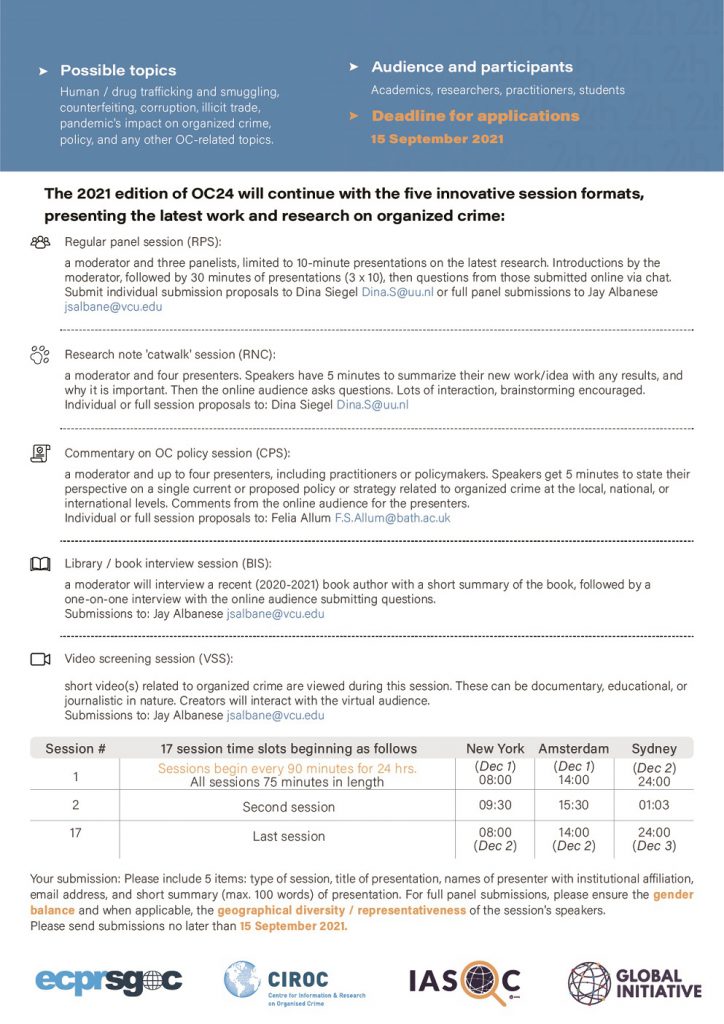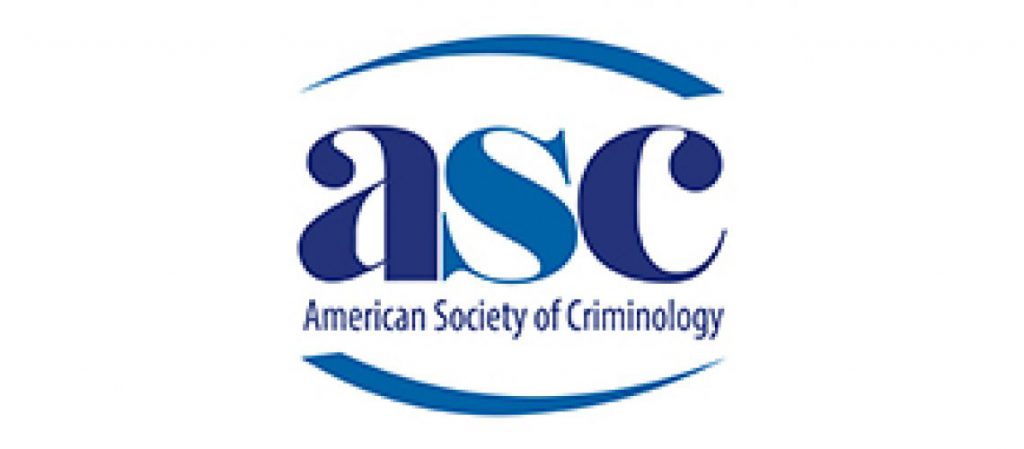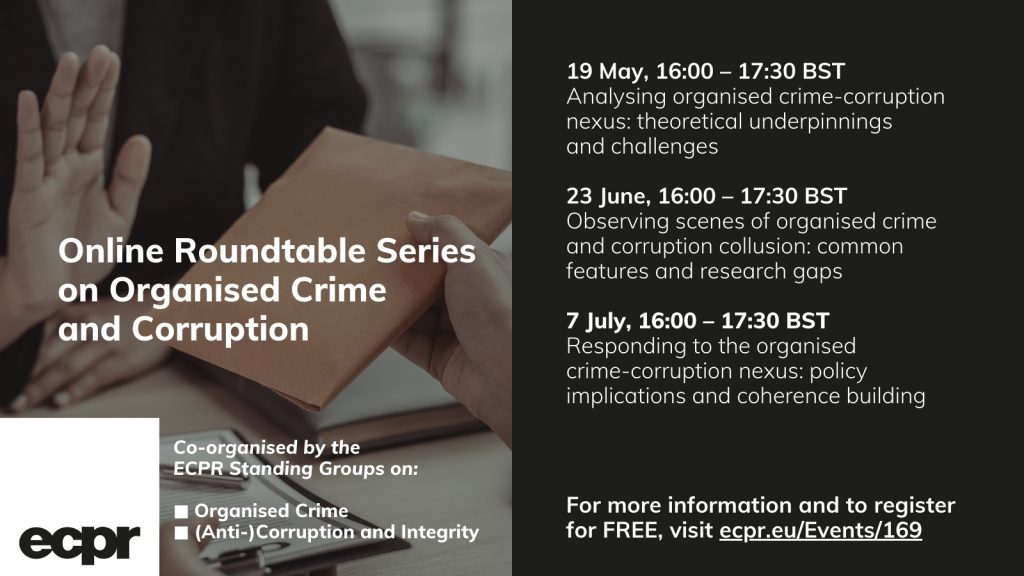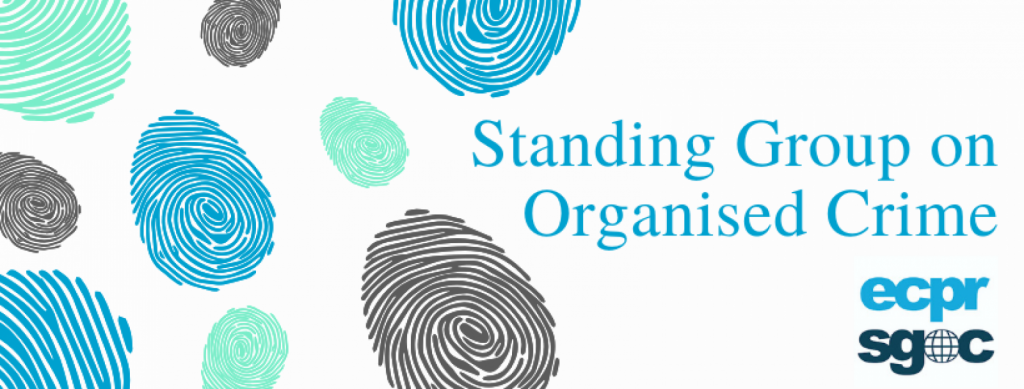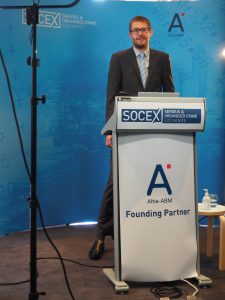ECPR SGOC 4th General ‘hybrid’ Conference 2022 Pi
Crossing territorial and disciplinary (b)orders:
empirical, analytical and policy perspectives on organised crime
ECPR SGOC 4th General ‘hybrid’ Conference 2022 Pisa (Italy) + online: 4-6 July 2022
The ECPR Standing Group on Organised Crime (SGOC), in collaboration with the Sant’Anna School of Advanced Studies, the Scuola Normale Superiore and the University of Pisa invites you to its 4th General ‘hybrid’ Conference “Crossing territorial and disciplinary (b)orders: empirical, analytical and policy perspectives on organised crime”, which will take place on July 4-6, 2022.
The 2022 SGOC General Conference follows up from the previous editions held in Naples (2015), Bath (2017), and Sofia (2019). In light with the logistic, security and budget challenges resulting from the Covid-19 pandemics, the next edition will be held in a hybrid format – partly in presence in Pisa, and partly online.
Context
Emerging trends have delineated a new scenario, which raises unprecedented questions and challenges regarding organised crime. Shaking up reified conceptions, these changes invite to reconsider and update the empirical, analytical and policy frameworks through which organised crime is apprehended. Unheard articulations of in-security result from the overlapping, interlocked crises in the environmental, health, social and economic domains. The massive resort to emergency measures erodes rules-based decision-making and inhibits legal oversight. Authoritarian discourses and practices sediment across the world, paving the way to a global democratic backsliding. At the same time, reduced legal pathways to social and physical mobility boost rising inequalities, which put the social pact under strain within and across countries. Enhanced geostrategic competition underpins a global rush to natural resources, fuelling extractivism and extralegal economies. Unfulfilled demands for social protection bring to the fore non-state actors as alternative providers of identity, legitimacy and protection. Hybrid orders emerge, shielding rulers from accountability and enabling rent-seeking and patronage politics.
Manifestations of organised crime intersect social worlds at all latitudes. Yet, in spite of the proliferation of national and international legal tools aimed at identifying, tracking and tackling organised crime, its securitization has to do with a moving target, whose contours change constantly. The elusive status of the evidence on organised crime and its manifestations challenges the epistemological and methodological foundations of the scholarly attempts to shed light on this opaque phenomenon. Exactly how organised crime is a threat that may undermine societal institutions, economic prosperity, state order and global security, is a question that remains unsettled. Thus organised crime risks to remain an empty signifier lending itself to potentially dangerous manipulations. Juridical notions and criminological theories incorporate abstract categories that are often imported or stretched unscrupulously, clashing with vernacular understandings and practices. Forms of extra-legal governance may infiltrate and deepen the gulf between legality and legitimacy. Activities and identities defined as criminal are often not separate from, but deeply woven into the texture of ordinary social life, making the impact of criminal organisations on the production of dis-order highly contingent.
Conference participants and topics
The ECPR Standing Group on Organised Crime’s General Conference therefore invites scholars, researchers, practitioners, civil society organisations and policy-makers from different backgrounds to share empirical insights, analytical framings and policy approaches contributing with fresh perspectives to the understanding of organised crime, with regard to the diversity of its contemporary manifestations. With a view to stimulating both scholarly debates and policy developments, the Conference offers a unique venue to collectively dissect, diagnose and discuss the characteristics, resources, strategies and modus operandi adopted by traditional and emerging criminal organisations operating both at local and global level, as well as the evolution of the responses at multiple levels and by different actors (international organisations, law enforcement, communities, social movements, etc.).
The conference encourages the presentation of cutting-edge research from academic researchers at all stages of their career, as well as from practitioners and policy makers. We welcome the submission of panels and papers addressing the following topics:
- Gangs, organised crime and mafia
- Encounters and clashes or criminal organisations across the world
- Criminalisation of mobility and mobile crime
- Social movements and (the fight against) organised crime
- Organised crime and community relations: protection, power regulation, service provision
- Extralegal governance and organised crime
- Organised crime and dis/order in the global peripheries
- Contentious politics and organised crime
- Ethnographic approaches to organised crime
- Gender perspectives on organised crime
- Race perspectives on organised crime
- Vulnerable groups and organised crime
- Organised crime and authoritarian regimes
- Organised crime and violent extremism
- Organised crime in art, fiction, culture and public perceptions
- Corruption, patronage and hybrid orders
- Organised crime, prisons and detention societies
- Organised crime and the internet: cybercrime and surveillance
- Environmental crime
- Organised crime and finance: threats (money laundering and tax havens) and responses(freezing, forfeiture and social reuse of criminal assets)
- International and European cooperation in the fight against organised crime
- Strategies of resilience to organised crime: from police to community-led responses
Submission procedures
Paper proposals should include:
Participants are invited to submit paper and/or panel proposals through the ECPR SGOC website. The Call for Proposals is open from 8 December 2021 to 28 February 2022. Notifications of acceptance will be out from 1 April 2022, and registration will be open starting from 15 April.
- Author(s) and institutional affiliation
- Title (max 50 words)
- Abstract (max 250 words)
- Keywords (max 5 words)Panel proposals should include:
- Panel title (max 50 words)
- Panel abstract (max 250 words)
- Papers description, with all the characteristics above (3-4 papers per panel authorised)The conference will provide a hybrid format, with some panels taking place in person in Pisa, and some other panels taking place online. Please note that no mixed/blended panels will be allowed, and that all prospective participants will be asked to indicate, at the moment of subscription, whether they opt for the participation to the conference in person, or online.
Fees and practical information
ECPR
Academics – Practitioners € 175 Students –
PhDs € 100
Pisa live participation Non-ECPR
€ 200
€ 125
ECPR
€ 65
€ 45
Online participation Non-ECPR
€ 70
€ 50
With a view to maximising opportunities for participation, bursaries and grants could be provided to meet special needs. Also, the possibility of passive attendance (with no paper presentation) will be made available, at cheaper rates. Additional clarification will follow. For information, please contact the organisers at EcprSgocGeneralConference@gmail.com.
Prospective participants to the in-person event in Pisa can find additional information on Pisa, accommodation opportunities, and the organizing institutions here: https://www.santannapisa.it/en
https://www.sns.it/en
https://www.unipi.it/index.php/english https://www.turismo.pisa.it/en https://www.pisa-airport.com/en/ https://www.trenitalia.com/en.html https://www.aboutpisa.info/accommodation-in-pisa.html

